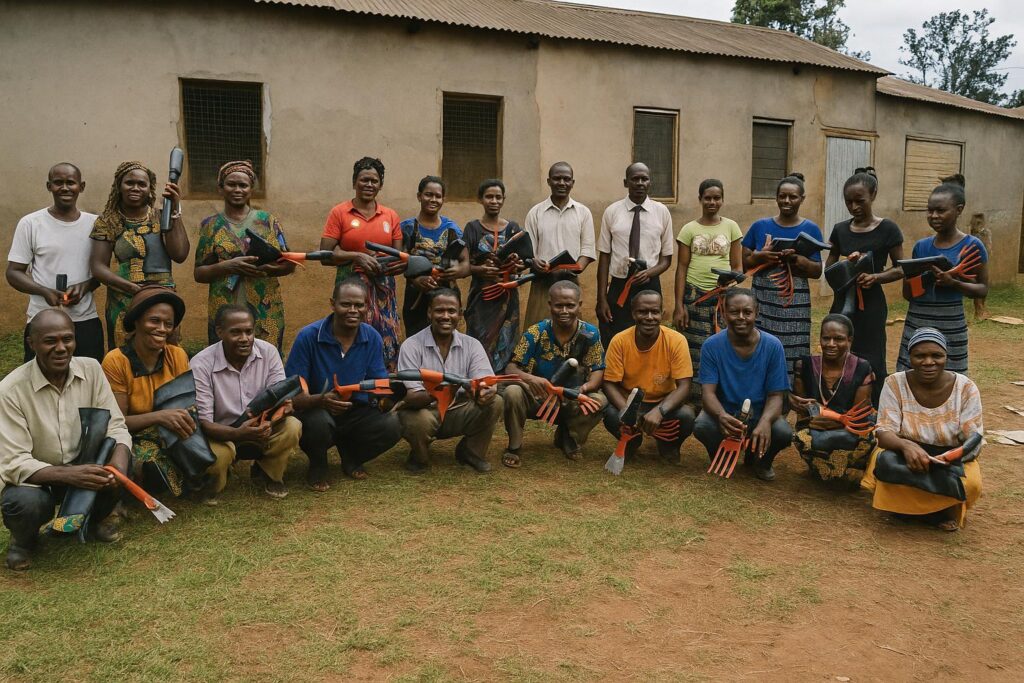Tool Distribution Boosts Western Equatoria Farmers
Ninety smallholders from Ezo, Yangiri and Ringasi launched their second planting season with new equipment on Thursday, marking a practical step toward stronger food security across South Sudan’s fertile yet under-resourced Western Equatoria State.
Scottish Partnership Funds Sustainable Agriculture
The Catholic Organisation for Development and Peace distributed hoes, pangas, pickaxes and protective gear under its Sustainable Agriculture Project, financed by the Glasgow-based Scottish Catholic International Aid Fund. The kit mix was designed to cut labour time while boosting soil preparation and crop diversity.
CODEP coordinator Charles Rangabia reminded recipients that inputs, not hand-outs, secure harvests, urging farmers to ‘make good use’ of every tool. Project manager Gibson Kamilio Bakuyo underscored that the items are ‘not for sale, nor for violence; they are for cultivating your gardens.’
Voices from Ezo, Yangiri and Ringasi
Ruzetha Augustino saw her new hoe as ‘a chance to feed my children and grow my future.’ Fellow Ezo farmer Agume Jackson vowed to ‘work faster and smarter.’ In Yangiri, Joseph Mario, a farmer with a disability, celebrated long-awaited inclusion.
Archangelo Kutio of Ringasi said the support was a first for his community and pledged to pass new knowledge to neighbours, echoing the project’s plan to reach 720 household members indirectly.
Training Phase Set to Deepen Impact
Beyond hardware, 120 growers across Ezo, Yangiri, Ringasi, Yambio and Mambe will receive hands-on instruction in climate-smart techniques, post-harvest handling and market linkage. Sessions start this month, positioning participants to widen yields before the rainy season subsides.
Cultivating Resilience Across the State
By equipping farmers instead of importing food, the initiative aligns with state priorities to curb dependence and stabilise prices. Early optimism is palpable; fields once tilled by hand are now ready for efficient cultivation, seeding both crops and confidence.
If results match expectations, CODEP intends to scale activities next year, reinforcing the lesson that strategic partnerships can transform local assets into sustainable livelihoods, even in regions still healing from conflict and economic uncertainty.


